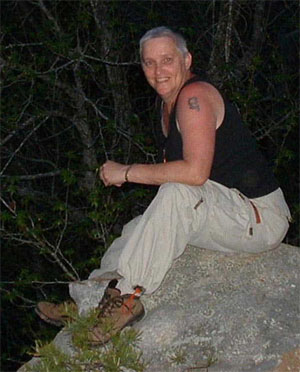By Jenna Weston
The feminist poet Muriel Rukeyser famously wrote, “What would happen if one woman told the truth about her life?/ The world would split open.” What if a dozen women told their truth to each other? A hundred, a thousand, a million? We did just that in the late 1960s and the 1970s. It was called Women’s Consciousness Raising, and it was a powerful method of shaping radical feminist awareness and political action, as well as building a female cultural alternative to the patriarchy.
In these present turbulent times– with judgement, canceling, and factional opposition all in ascendency– I believe the tool of consciousness raising could offer a way for lesbians of different generations to communicate with each other and find common ground.
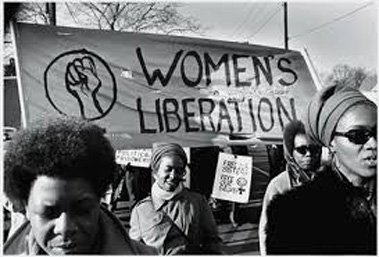
Second-wave consciousness raising groups were so effective because they were a balance of the personal and the political. They were not study groups or therapy sessions. They were a way of communicating that was designed to honor each woman’s experience– without interruption, argument or debate. We spoke in the concrete, not the abstract about our individual lives. Then together, we drew insights and conclusions from the common patterns that emerged.
We met weekly, usually with no more than a dozen women. Keeping the groups small nurtured the intimacy and trust needed to open one’s self up to the most vulnerable truths of our personal experiences. It also allowed us ample time to fully share, widely explore, and deeply listen.
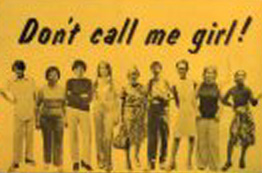
I was in my 20s when I joined a women’s CR group, as they were called. I was married to a man but knew somehow I was not living authentically. In hearing the stories of other women’s lives I realized I was not alone, and, over time, this validation gave me the courage to radically change my life. I came out as a lesbian, and became an activist. I also learned that other women could be smart, fierce and passionate—not something I experienced from most of the closed, conservative, gender-role following females I’d grown up around.
Especially in the beginning sessions of our CR groups we expressed a lot of anger about the misogyny and domination we had been subjected to. Many of us had suppressed it for years, for fear of retaliation. In the group we could freely name our oppressions and oppressors. We soon came to value our rebelliousness and were amazed at how words came pouring out, given a supportive environment. We appreciated each other for how honest and brave we were. We came to realize we were no longer interested in procuring “a piece of the pie” or being accepted into mainstream society– things the first wave feminists had fought for. We declared that the whole pie was rotten, and we needed to walk away and come up with a completely new recipe.
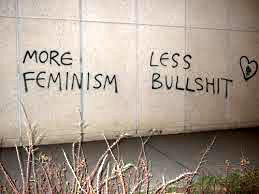
Sitting together in circles – usually on the floor of someone’s living room – we strip-searched our souls, digging down deep into previously hidden sources of our own women’s knowledge. We identified and repudiated the agents and symbols of our oppression. By throwing off burdens we had been carrying that weren’t ours, we opened a space for a Woman’s Way of Knowing to enter. From that we built a uniquely women’s culture of books, music, festivals, lands, spirituality and politics. It was intersectional, although we didn’t call it that back then, as we came to see and address how all patriarchal dominator hierarchies were connected, systemic and structural.
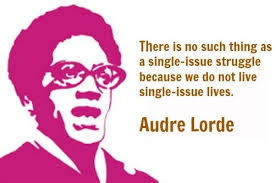
For a long time our structures and accomplishments went almost unnoticed by the mainstream we had withdrawn much of our energy from. But then the beauty of our creations began to be seen—and coveted. We could not be allowed to live lives that did not revolve around men. A backlash rose up, and it still continues. All lesbians– of every generation– are living under that backlash now.
I believe this is the perfect time for us to come together again in CR groups and share with each other the truths of our lives. Young and old, telling each other what it is like to be a woman, a lesbian, in these harsh times. Inventing and re-inventing our 21st-century selves together, not following some externally-imposed theories. Replacing dogma with discovery– arrived at mutually. Through the process of each woman sharing in turn her own experiences and observations, we can learn so much from each other. We don’t have to be isolated, or depend on outside sources like the media to tell us how to think, what to believe. Our principles and truths can evolve holistically, from our combined parts, and infuse our new coalition of multiple generations with lesbian empowerment.
Note: Jenna Weston’s article was published originally in Rain and Thunder: A Radical Feminist Journal of Discussion and Activism, Issue #77, Spring/Summer 2021.

